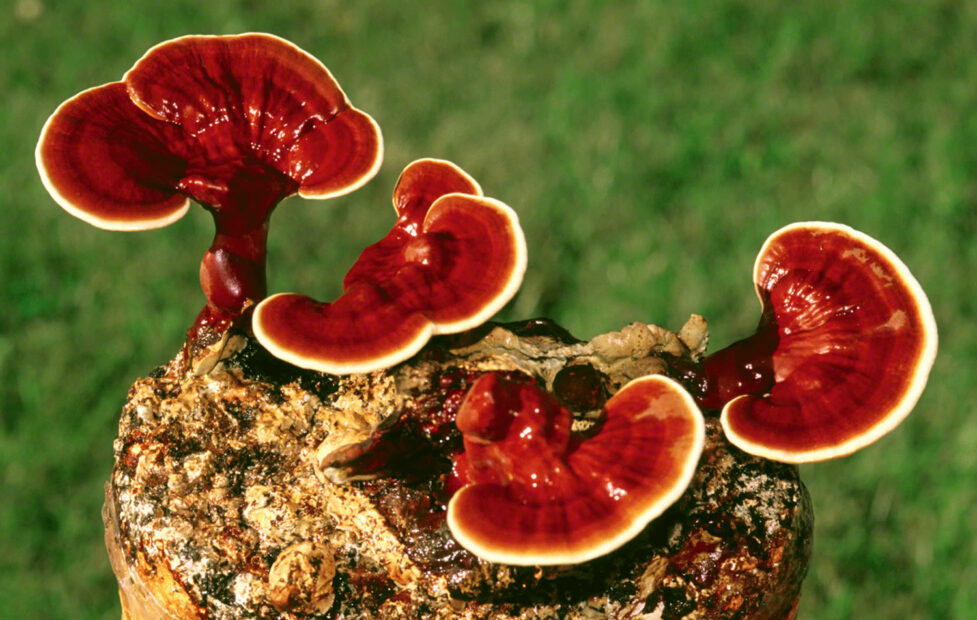Introduction
Reishi mushrooms, scientifically known as Ganoderma lucidum, have been an integral part of traditional medicine in various cultures, particularly in East Asia, for centuries. Revered as the “mushroom of immortality,” Reishi mushrooms are gaining global popularity for their diverse health benefits. This comprehensive guide delves into the historical significance, scientifically-proven advantages, and considerations when incorporating Reishi functional mushrooms into your wellness routine.
Understanding Reishi Mushrooms
Reishi mushrooms, characterized by their kidney-shaped cap and woody texture, are often found growing on decaying trees. These fungi are rich in bioactive compounds, including polysaccharides, triterpenes, and antioxidants, which contribute to their medicinal properties. Reishi supplements are available in various forms, such as capsules, powders, and teas, making them easily accessible for consumption.
Immune-Enhancing Properties
Reishi mushrooms are renowned for their immune-boosting capabilities. Studies suggest that the bioactive compounds in Reishi may enhance the activity of immune cells, potentially improving the body’s defense mechanisms against infections and diseases. Regular consumption of Reishi supplements may support a healthy immune system.
Adaptogenic and Stress-Reducing Effects
Reishi mushrooms are classified as adaptogens, aiding the body in adapting to stressors. These mushrooms have been linked to reduced stress and anxiety levels. Compounds found in Reishi may help regulate cortisol levels, the stress hormone, promoting relaxation and overall mental well-being.
Anti-inflammatory and Antioxidant Benefits
The presence of antioxidants and anti-inflammatory compounds in Reishi mushrooms is associated with various health benefits. Research suggests that these properties might reduce inflammation and oxidative stress in the body, potentially aiding in the prevention of chronic diseases and supporting overall health.
Potential Cardiovascular and Liver Health Support
Reishi mushrooms are believed to have positive effects on heart health. Studies have indicated their potential in lowering blood pressure and improving blood circulation, which could contribute to cardiovascular health. Additionally, their hepatoprotective properties suggest potential benefits for liver health, aiding in detoxification and liver function.
Considerations and Possible Side Effects
While Reishi mushrooms are generally safe for most individuals, some may experience mild side effects such as digestive discomfort or allergic reactions. Due to their potential to interact with certain medications, consulting a healthcare professional before incorporating Reishi supplements is advisable, especially for those with underlying health conditions.
Conclusion
Reishi functional mushrooms, steeped in tradition and increasingly supported by scientific research, offer a multitude of potential health benefits. From immune enhancement to stress reduction, anti-inflammatory effects, and potential support for cardiovascular and liver health, these mushrooms are a promising addition to one’s wellness routine. However, individual responses may vary, and more extensive research is required to solidify their benefits. Consulting a healthcare provider before integrating Reishi mushrooms into your regimen is crucial to ensure safety and efficacy in addressing your specific health needs.
- Exploring the Combination of Delta-8, Delta-9, and Delta-10 THC: Understanding Cannabinoid Synergy - November 10, 2023
- Exploring the Multifaceted Benefits of Reishi Functional Mushrooms - November 10, 2023
- Benefits of Apple Cider Vinegar Supplements - November 10, 2023

